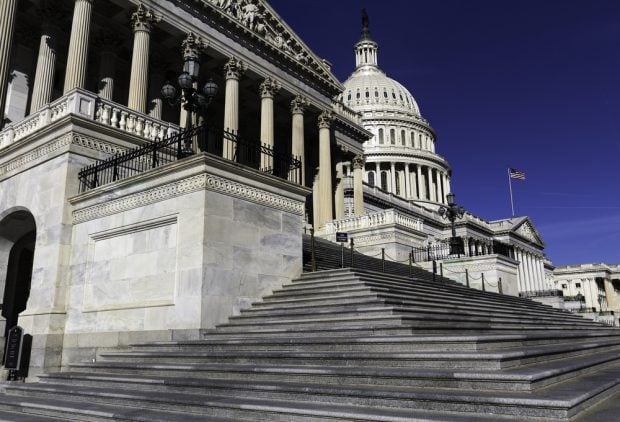The NCUA’s proposed rules governing credit union mergers areunnecessary and would do little more than delay mergers, increasecosts and increase the regulatory burdens institutions face,credit union trade groups say.
|“While NCUA’s desire to promote radical transparency iscommendable, NAFCU is not aware of any problematic trends in creditunion mergers that warrant such a heavy-handed approach,” CarrieHunt, NAFCU’s executive vice president of government affairs andgeneral counsel said in a letter to the agency.
|She added, “NAFCU does not see how the proposed rule constitutesanything less than regulatory burden.”
|“While the NCUA has a role as the regulator and insurer inthe merger, it should not interfere in any way in the decision oftwo credit unions to voluntarily merge,” Lance Noggle, CUNA’ssenior director of advocacy and counsel said in a letter to theNCUA.
|Comments on the proposed rules were due Monday.
|In issuing the proposed rules, the NCUA board said it isconcerned that some prospective merger partners may be trying toinfluence the merging credit union through financialincentives.
|The board said such financial incentives should bedisclosed.
|The rules also would increase the time for notice before amerger vote to at least 45 days. They also would require themerging credit unions to disclose all merger-related compensationfor certain employees. The rules also would create amember-to-member communication process that is like the NCUA’sregulations governing credit union conversions ort mergers withbanks.
|Hunt said that disclosing non-merger related increases incompensation would provide no value to members, adding that certaindisclosures could put federal credit unions at a significantcompetitive disadvantage to banks.
|Noggle said that CUNA could support the disclosure of a highlycompensated person whose salary would increase solely because themerger. However, the association would not support disclosuresimply because a person was offered a position at the continuingcredit union.
|The distribution of communications to members pose a particulardifficulty, the trade groups said.
|Noggle said that at institutions that do not electronicallycommunicate with members, the mailing of communication would becostly and time-consuming.
|The disclosure of certain information could result in a memberbeing less-informed, he said.
|Hunt wrote, that “the proposed member-to-member communicationprocedures are cost-prohibitive, logistically challenging, and mayinvite unnecessary reputational risk.”
|And she added that the longer the NCUA postpones a mergertransaction, the longer members must wait for improvedservices.
Complete your profile to continue reading and get FREE access to CUTimes.com, part of your ALM digital membership.
Your access to unlimited CUTimes.com content isn’t changing.
Once you are an ALM digital member, you’ll receive:
- Critical CUTimes.com information including comprehensive product and service provider listings via the Marketplace Directory, CU Careers, resources from industry leaders, webcasts, and breaking news, analysis and more with our informative Newsletters.
- Exclusive discounts on ALM and CU Times events.
- Access to other award-winning ALM websites including Law.com and GlobeSt.com.
Already have an account? Sign In
© 2024 ALM Global, LLC, All Rights Reserved. Request academic re-use from www.copyright.com. All other uses, submit a request to [email protected]. For more information visit Asset & Logo Licensing.









